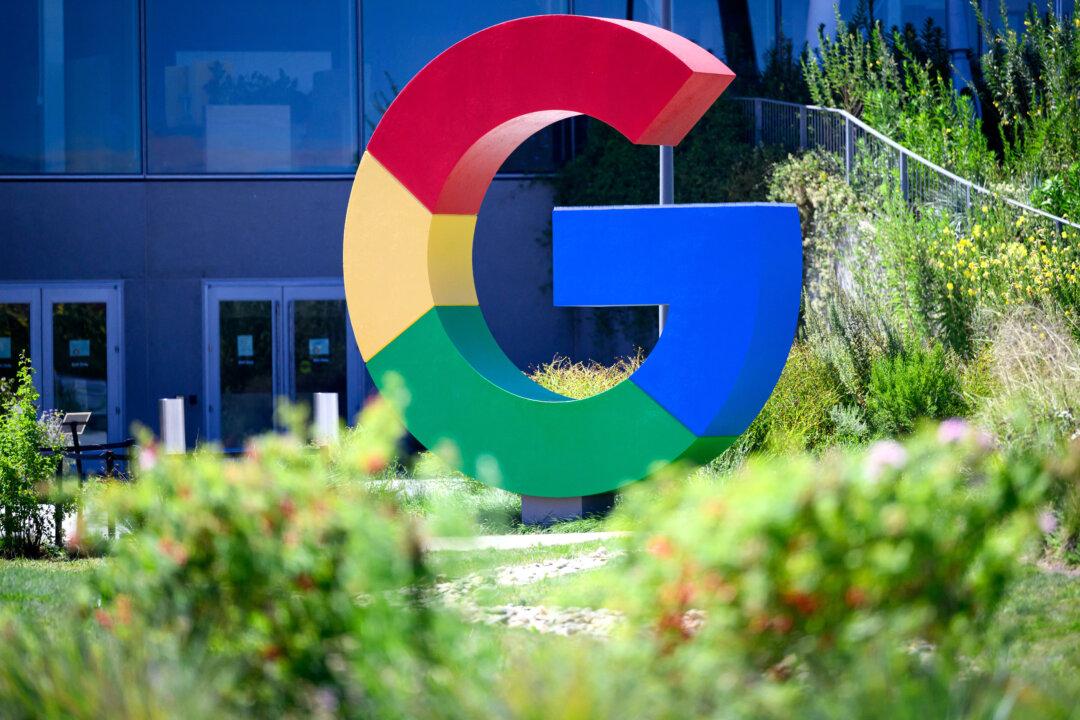News Analysis
The proposal by the Department of Justice (DOJ) to break up Google isn’t the best or likely the most imminent solution to the company’s control of the search industry, according to some experts.

The proposal by the Department of Justice (DOJ) to break up Google isn’t the best or likely the most imminent solution to the company’s control of the search industry, according to some experts.